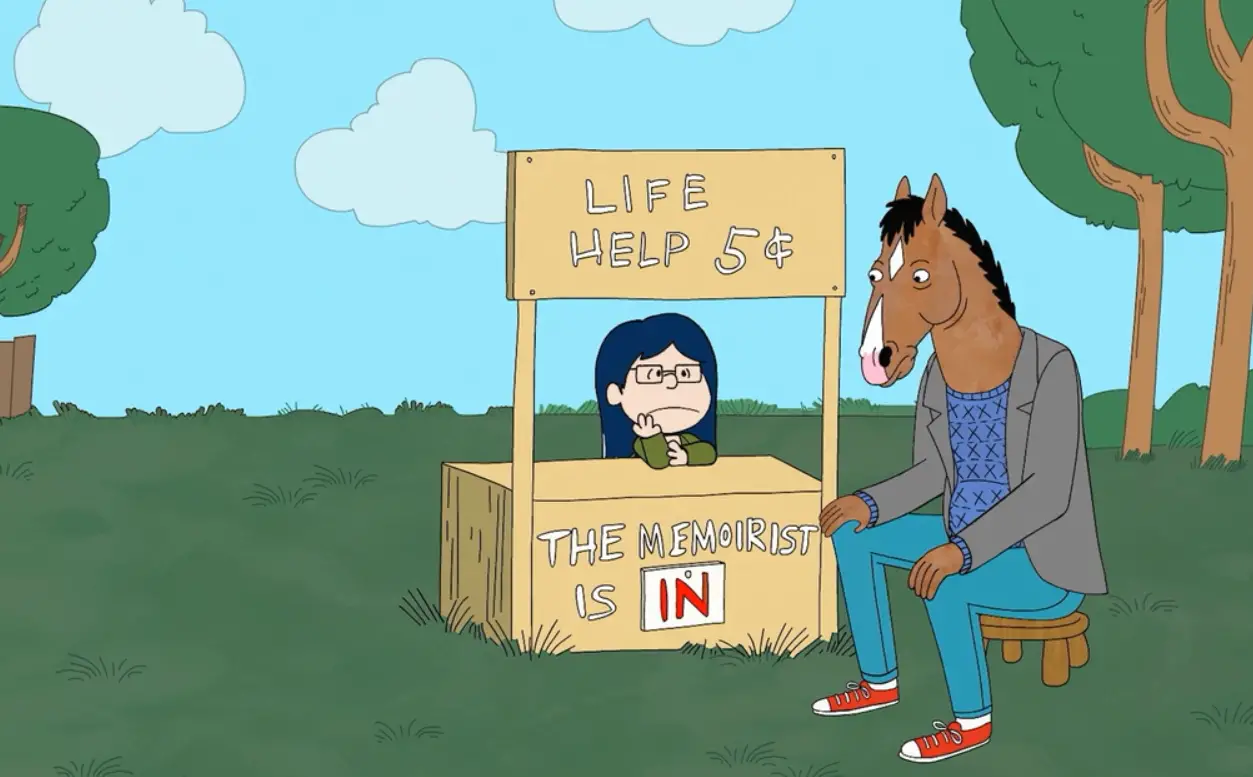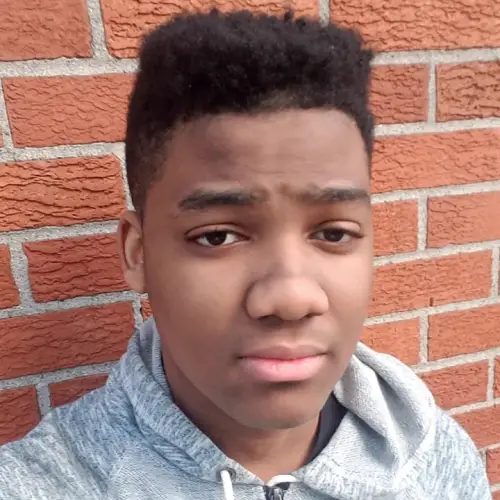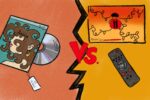Life can get pretty rough, and many people live by certain beliefs and philosophies to make it all a little easier. You hear maxims like “cheaters never win,” “hard work pays off” and “just be yourself” a lot growing up.
All of that works for about the first 10 to 15 years of your life, up until you realize the world is a chaotic place ultimately ruled by chance. Netflix’s original show “Bojack Horseman” not only embraces this chaos but also teaches some of the bleaker truths that make up part of everyone’s lives.
1. You’re Not The (Only) Good Guy
People often say not to be self-absorbed, but everyone ultimately thinks about themselves and how they can get where they want to be in life, which is usually fine. However, those stuck in this mindset see themselves as robust, three-dimensional characters, while everyone around them is the supporting cast.
A prime example of this can be found in the eighth episode of Season 3, “Old Acquaintance.” At the beginning of the episode, viewers see Hollywoo (the show’s thin parody of Hollywood) talent agent Princess Carolyn and her rivals, Rutabaga and Vanessa, discuss landing a client for a role in an upcoming blockbuster.
Given that viewers have spent more with Princess Carolyn than the other two agents, most people would root for Princess to come out on top, but Rutabaga tells Vanessa that he knows they will win because, in the end, they’re the good guys. They do end up getting their client by the end of the episode, and Princess Carolyn has failed.
On the surface, this just seems like a cynical twist added for a little shock value, but it’s much more than that — it’s perfectly okay that Rutabaga and Vanessa got the gig because they actually deserve it.
Prior to this episode, viewers witness the constant obstacles Carolyn faces when juggling her job, her own personal goals and her involvement in protagonist Bojack’s messy life. The audience root for her, and since Vanessa and Rutabaga have slighted Princess Carolyn, it becomes easy to paint them antagonistically.
Yet, outside of Carolyn’s relationship with them, Vanessa and Rutabaga aren’t bad people at all. They both work hard, put their family first and seem to be generally decent people. From their perspective, Princess Carolyn might just be a middle-aged, single, childless workaholic who insists on working with the wreck that is Bojack Horseman.
With only a change of perspective, anyone can go from hero to villain and back again. The good guy always wins, indeed.
2. Doing Good Doesn’t Always Feel Good
Speaking of good guys, you should know that even when you’re undoubtedly the hero in a given situation, it may not feel that way. Bojack’s ghostwriter Diane figured this out in Season 2, episode nine, “The Shot.”
While working for famous philanthropist Sebastian St. Clair, Diane realizes that St. Clair isn’t invested in the suffering people of Cordovia, largely assisting them for the sake of his own ego. When he reminds Diane that he helps the people and she just writes a book about it, she hits her breaking point and goes back to L.A.
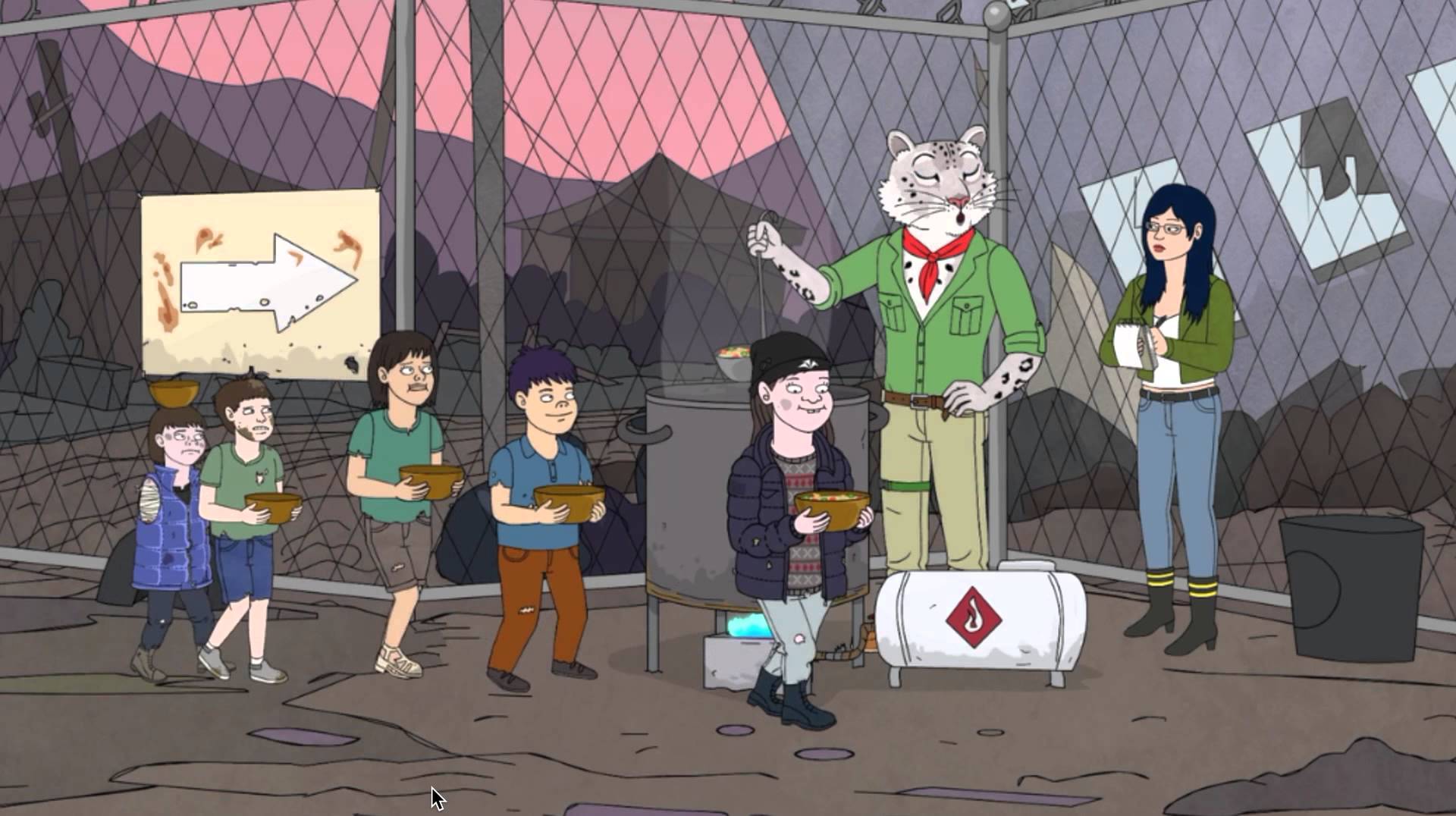
St. Clair seems selfish, taking advantage of others for his own gain, and he is — but he does still help people. Even if he builds a hospital just to have his name on it, he still built a hospital.
When Diane left Cordovia and St. Clair, she ultimately walked away from a good cause because it didn’t make her feel as good as she thought it would. A completely valid reaction for Diane, or anyone in that situation, but knowing that most people will only do good only if it feels right to them is a large pill to swallow.
3. Seeking Closure May Leave You Feeling Empty
Everyone makes mistakes and eventually everyone ends up upsetting someone. Some are quick to patch things up with those they crossed, while others are more reluctant to rise to the occasion. Some just move on and, out of stubbornness, pettiness, pride or whatever motive, never attempt to properly resolve the matter.
Then there are those that simply lack the courage to make amends in a timely fashion and don’t get the reaction they expected when they finally do. The eighth episode of Season 1, “The Telescope,” reminds people that not everyone gets the ending they hoped for when closing a chapter in their life.
When Bojack Horseman finds out his ex-best friend, Herb Kazzaz, is dying from rectal cancer, Bojack decides to go talk to him after being out-of-touch for years. After Bojack finally apologizes to Herb for abandoning him in his time of need, Herb rejects his apology, preventing him from gaining closure. Herb wants Bojack to live with the fact he never forgave him, teaching the audience that some holes can never be filled.
4. Everyone Is Crappy In Some Way
One of the best things about “Bojack Horseman” is its realistic depictions of people (and anthropomorphic animals): Everyone in the show has flaws that can make them undesirable to be around.
Given that most of the show mocks the superficial life of Hollywood, characters like television host A Ryan Seacrest Type and teen pop star Sextina Aquafina make this obvious. Bojack himself is basically walking poison that shows occasional sparks of goodness, and since he is often closely involved in the lives of Diane and Princess Carolyn, their character flaws are often on display as well.
Then you have characters like Mr. Peanutbutter and Todd, whose shortcomings pale in comparison to Bojack’s and are consequently overlooked. Mr. Peanutbutter is an upbeat guy (or dog) and rarely, if ever, does anything with ill-intent. However, given his relationship problems with Diane and his ex-wives, he clearly isn’t the best romantic partner and has never really addressed that.
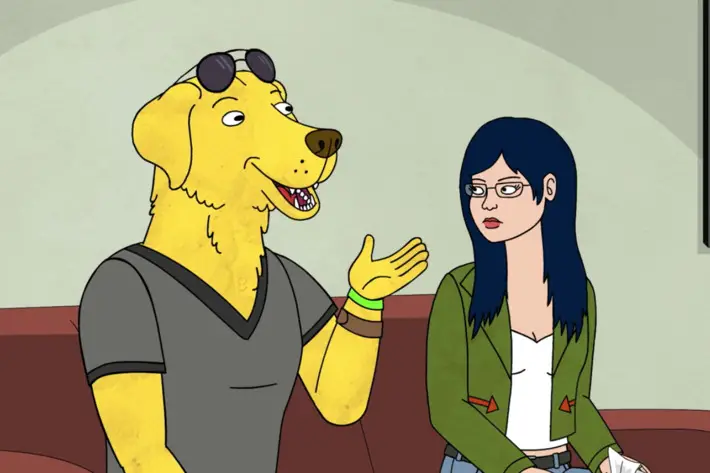
Todd is lovable and probably the purest person in the entire show, but he’s still largely irresponsible, dim-witted, jobless and homeless. No one should aspire to be a Todd.
Even Judah, Princess Carolyn’s efficient assistant, is actually kind of crappy. He makes decisions for his boss and her company without informing her, and at what point does a grown man go from not being able to read a room to refusing to learn how?
5. Life Is What You Make It
Probably the most horrifying truth “Bojack Horseman” teaches viewers is one everyone thought they already knew. Most people are told that their life is whatever they make it to be, and they buy into the total agency behind that statement. It’s a reassuring thought to lean on when you feel down, but the show demonstrates that the reality often has other plans.
A person doesn’t choose to be physically handicapped one day or to graduate from college only to become unemployed. Life deals out hands that are horrible to undeserving people all the time. No one can really control what life gives them — they can only control how they look at what they received.
Bojack has been a beloved TV actor, starred in his dream movie and hooked up with a bunch of women. There are people that devote their entire lives to chasing that life, but Bojack is unhappy with it. Diane is often unhappy as well, even though she wrote biographies for Secretariat and Bojack, married rich, helped the impoverished and successfully moved away from a toxic family.
All of this shows that you can be just as happy with your life as you can be unhappy with it: the choice is yours. On one hand, a negative outlook risks devaluing everything around you, and on the other, wearing rose-tinted glasses can lead to you missing red flags. In the words of the great, fictional Sarah Lynn, “that’s too much, man!”


